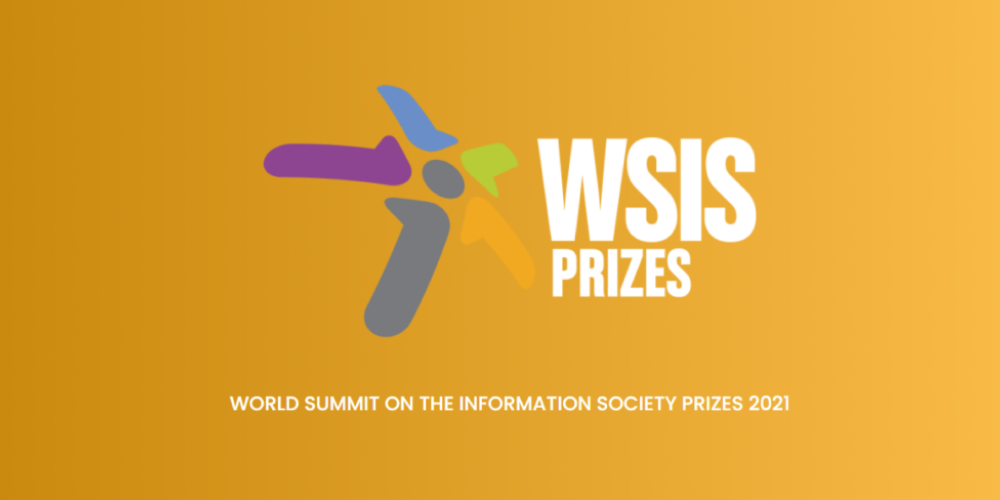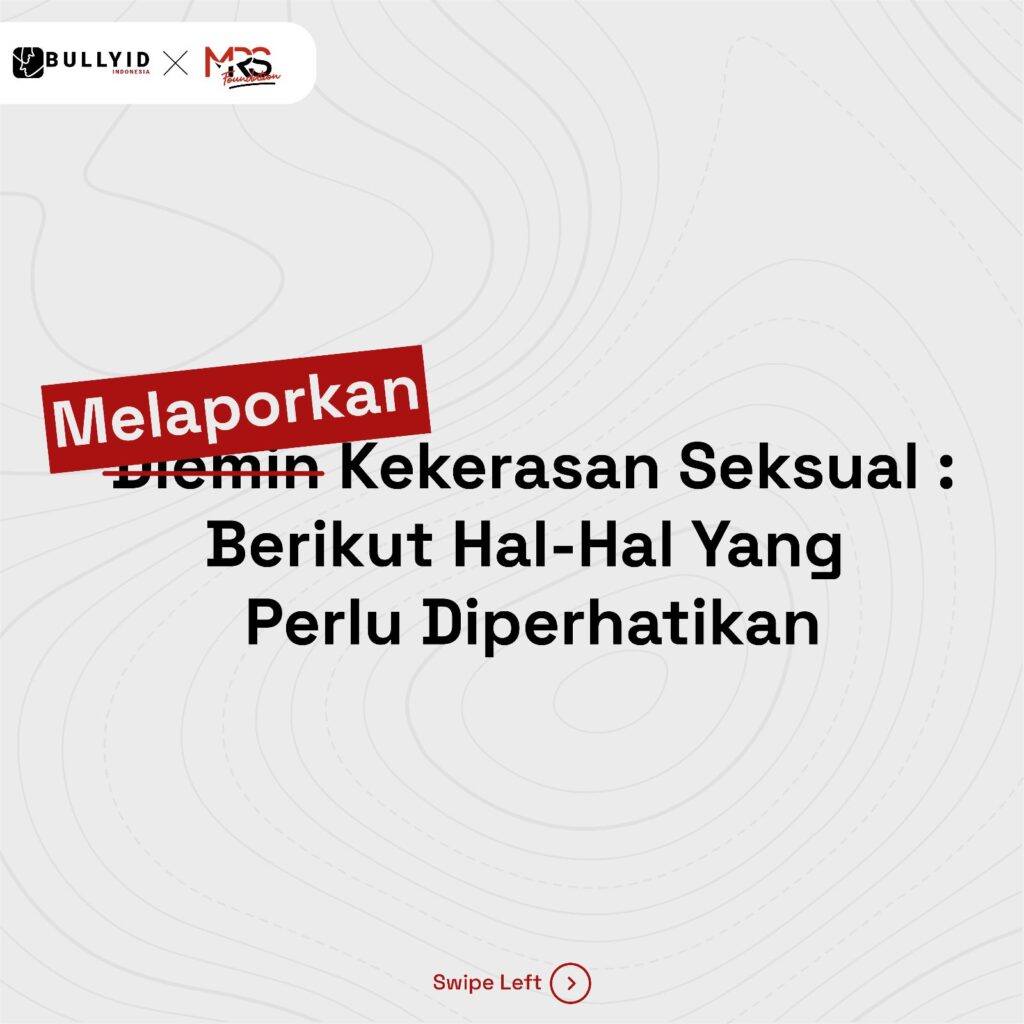Social media can be good or bad, but we cannot live without it
Dikara Alkarisya
Academia - The Jakarta Post
Social media is part of our life, especially for Millennials and Gen Z that has grown up with the existence of this platform. To some extent, social media indeed can bring positive impact such as, help society to voice their opinion and solve problems. However, it is time for us to see the flip side of social media. This can be a note for us to be aware and mindful that being active in social media can steal our attention.
Each generation such as Generation X, Millennials and Generation Z consume the information and content from social media. Referring to Statista.com about the most popular social networks in 2021, they named Facebook, Instagram, TikTok and Twitter as the most popular platforms at worldwide level. Usually, young people tend to adopt new platforms to keep them updated among their peers and they consider that previous platforms are out of date.
According to the Center for Humane Technology, when people use social media often, the content from social media that they consume can affect their thoughts, feelings and motivations. The impact to body and mind are driven and shaped by algorithms that keep the users engaged. The algorithm can learn quickly about what user’s like such as can detect music, humor, mental issues as well as sexual orientation. Consuming social media content can bring impact to the user both online and offline.
The Center for Humane Technology found the impact to our life such as: when being bombarded with a lot of notifications, we push ourselves to check the messages. When opening endless social media feeds and seeing the content, our fingers keep clicking and scrolling to seek satisfaction and mindlessly consuming content with minimal cognitive control. Of course this habit drains our energy. Furthermore, when engaging in someone’s profile, it drives ourselves to social comparison that may lead to envy, shame, anxiety and conceit. By exposing and consuming such content along with other negative feeds, it can create fear and outrage and decrease human sense of goodness and shared humanity. Ultimately, when algorithms provide the information or content that a user wants to believe, the mind can be more polarized and can break down shared understanding across society. Absolutely, these are not good for our brain especially for young people whose brains are still developing.
Algorithm hacking human’s brainIn 2019 and 2020, Facebook conducted a study called “teen mental health deep dive” that included focus groups, online surveys and diary studies. The study also included large-scale surveys of tens of thousands of people in 2021 and paired the user’s responses with Facebook’s data. They concluded that social comparison is worse on Instagram as it has features that focus on the body and lifestyle. On the other hand, researchers inside Instagram were studying experiences which have become a broader phenomenon. They found that teenagers experienced an eating disorder and they felt bad about their bodies. Researchers said that Instagram brings the worst feeling for them. These findings confirmed some serious problems, especially for young groups, notably teenage girls.
Still related to the research, Instagram’s researchers explained that teens who struggle to minimize time on Instagram found it hard to control themselves to do so. Additionally, teens who shared their thoughts to Instagram realize that they did not like to spend more time on the app and know that what they are seeing is bad for their mental health. But again, they feel unable to stop opening the app. Based on the Wall Street Journal, despite Facebook and Instagram conducting research about the app’s negative effects on teens, unfortunately they have not made its research publicly and even not available for academics and lawmakers who have asked for it.
One thing to be remembered is giant social media companies grow so quickly because they are clever in hacking our brain. Another popular social media platform is TikTok. In line with this, Forbes published a news article on the science behind TikTok’s success. In 2019, TikTok successfully gained 682 million users and made the user spend around 50 minutes a day in the app. It is undeniable that when the users scroll the content on the feeds, the user sees a photo or video that catches their attention and is addictive to find more. When it catches the attention, the user gets a little dopamine hit in the brain so that makes the user continue scrolling. The case from scrolling on TikTok feeds can be also applied to other social media platforms such as Instagram which use endless scrolling.
So how does social media affect young people’s brains? Since the brains are still developing, self-awareness and willpower are also in the process to build. Research showed that social media can permanently change young people’s brain structure and affect their feeling, thinking and acting for their entire lives. In addition, it may cause poorer memory, increased impulsivity and brain function.
For some people, it is hard to leave social media forever. We also cannot neglect that most of the update information and news can be found on social media platforms. Many content on social media help our daily lives, especially those who post about life hacks for cooking tips, cleaning the house and other daily routines. One of the solutions to reducing the addiction to social media is we have to manage social media time and have strong commitment. By not giving most of our time and data to social media companies, it can be a good way to refresh our mind, especially to stop comparing our life to others.




